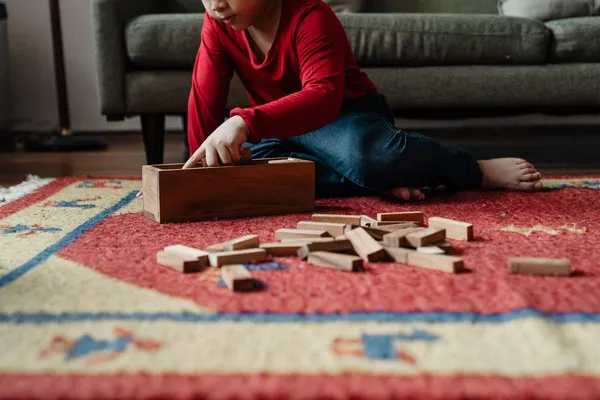Raising a child can be a challenging task, and it becomes even more challenging when the child displays rebellious behavior. A rebellious child is one who challenges authority, defies rules, and often engages in disruptive behavior. This behavior can have a significant impact on the family, leading to strained relationships, conflicts, and stress. In this article, we’ll explore the effects of a rebellious child in detail.
Strained Family Relationships
Rebellious behavior can cause strain on family relationships. Parents may feel helpless, frustrated, and even resentful towards their child, leading to conflicts and tension. The rebellious child may also feel misunderstood and rejected by their family, leading to further isolation and frustration. These strained relationships can have long-term effects on the entire family, leading to a breakdown in communication and trust.
Disrupted Parenting Styles
Parents of rebellious children may experience a shift in their parenting styles. They may become more authoritarian, using stricter rules and punishment in an attempt to control their child’s behavior. Alternatively, they may become permissive, avoiding conflict and allowing the child to engage in inappropriate behavior. These changes in parenting styles can have negative consequences on the child’s development and the parent-child relationship.
Emotional and Mental Health Issues
Rebellious behavior can also have negative effects on a child’s emotional and mental health. Children who engage in rebellious behavior may be more prone to anxiety, depression, and other mental health issues. This behavior can also lead to substance abuse, criminal activity, and other risky behaviors that can have long-term consequences.
Raising a rebellious child can be a challenging and stressful experience for parents and families. The effects of this behavior can be far-reaching and long-lasting, leading to strained relationships, disrupted parenting styles, and negative effects on a child’s emotional and mental health. It’s important for parents to seek support and guidance in managing their child’s behavior and maintaining positive family relationships. By working together, families can overcome the challenges of a rebellious child and promote healthy development and relationships.





























